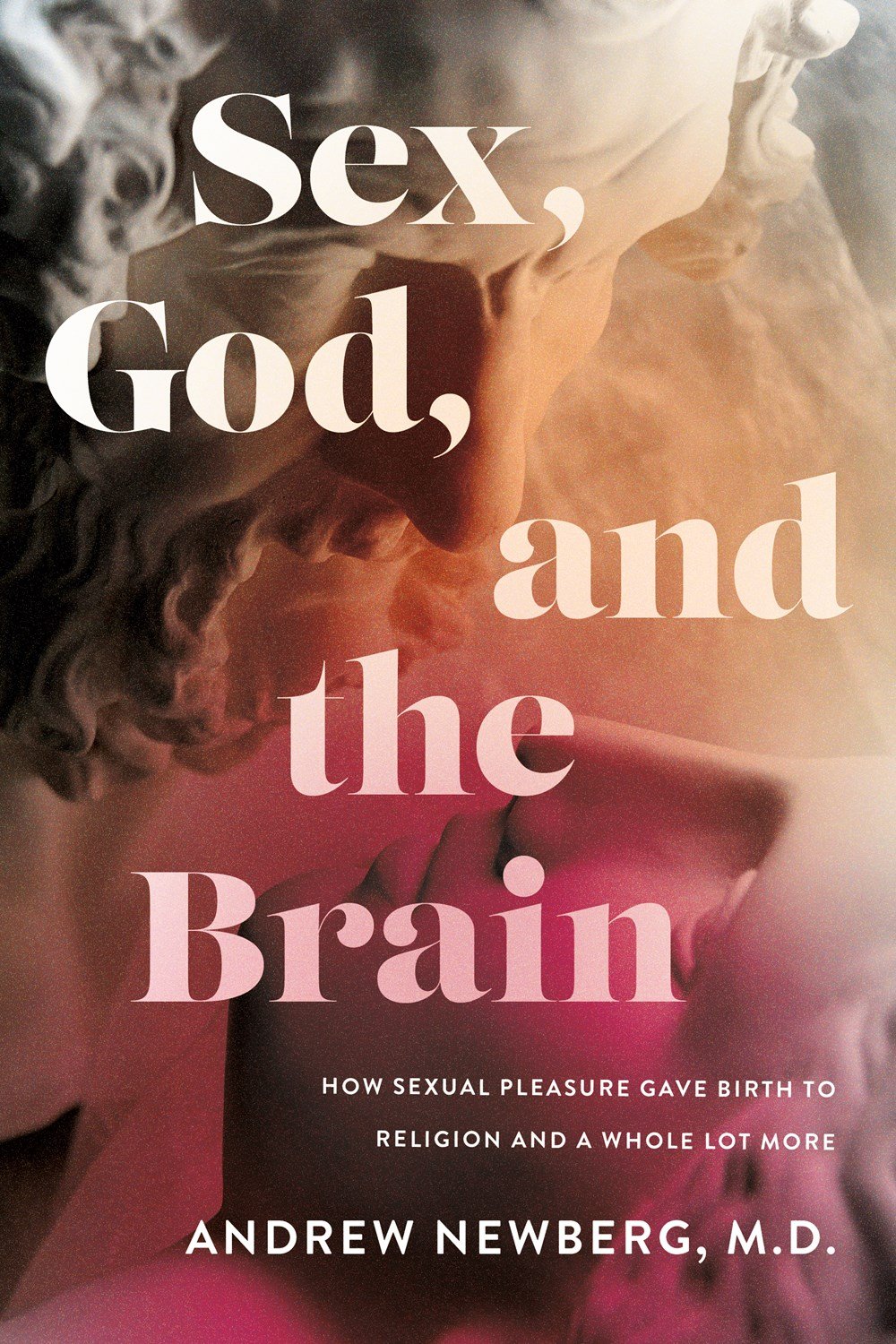Sex, God, and the Brain
How Sexual Pleasure Gave Birth to Religion and a Whole Lot More

For the modern world, it seems as if sexuality and spirituality have always been at odds. But what if the two are actually deeply connected? And what if science could prove this connection?
From neuroscientist Andrew Newberg, Sex, God, and the Brain argues that our religious and spiritual experiences derive directly from our sexual being. While others have speculated on a connection between religion and sex, Newberg is the first to demonstrate – with groundbreaking brain scan research gained through Orgasmic Meditation studies – that the underlying biological mechanism of religious, spiritual, and sexual experiences are identical.
With research technical enough for academics, but explained simply enough for the everyday reader, Sex, God, and the Brain, will reframe our understanding of the link between spirituality and sexuality.

Andrew Newberg is Director of Research at the Marcus Institute of Integrative Health at Thomas Jefferson University Hospital and Medical College. Dr. Newberg has been particularly involved in the study of mystical and religious experiences throughout his career, in addition to the use of neuroimaging studies in the evaluation of neurological and psychiatric disorders. He is considered a pioneer in the field of neurotheology which seeks to link neuroscience with religious and spiritual experience.
Dr. Newberg has published over two hundred articles, essays and book chapters. He is the author or co-author of eight books including the bestselling How God Changes Your Brain (Ballantine, 2009) and Why God Won’t Go Away (Ballantine, 2001). He has presented his work at scientific and religious meetings throughout the world and has appeared on Good Morning America, Nightline, ABC’s World News Tonight, Book TV, National Public Radio, Fresh Air, London Talk Radio, the Discovery Channel, the National Geographic Channel, the BBC, National Public Radio, and the nationally distributed movies, What the Bleep Do We Know? and Bill Maher’s movie Religulous. His work has been written about in the Los Angeles Times, Time, Newsweek, Discover Magazine, Reader’s Digest, The Washington Post, and The New York Times.
